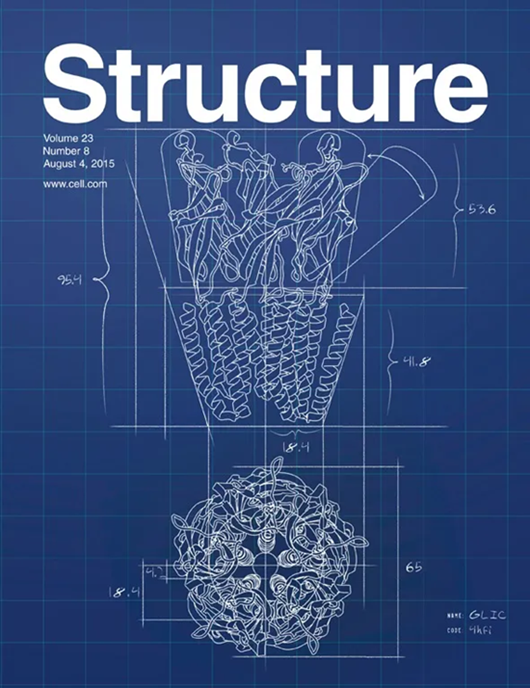A mesophilic Argonaute from Clostridium formicaceticum with efficient DNA cleavage activity guided by small DNA
IF 4.4
2区 生物学
Q2 BIOCHEMISTRY & MOLECULAR BIOLOGY
引用次数: 0
Abstract
We characterized a new Argonaute protein (pAgo), CfAgo, from the mesophilic bacterium Clostridium formicaceticum. CfAgo possesses DNA-guided DNA endonuclease activity and cleaves DNA targets at the canonical site. It is active from 28°C to 75°C and prefers DNA guides with a 5′-phosphate group and thymidine as the first nucleotide. Cleavage activity is reduced by single-nucleotide mismatches in the seed, central, and 3′-supplementary regions of guides, with stronger mismatch discrimination observed for 5′hydroxylated (5′OH) guides compared to 5′phosphorylated (5′P) guides. Moreover, structural analysis suggests that the MID domain of CfAgo is crucial for recognizing the 5′ guide and it influences the binding specificity. CfAgo catalyzes programmable cleavage of double-stranded DNA in AT-rich regions in the presence of Mn2+ and Mg2+ ions at appropriate salt concentrations. These properties could make CfAgo a promising tool for DNA manipulation such as nucleic acid detection and cleavage.

求助全文
约1分钟内获得全文
求助全文
来源期刊

Structure
生物-生化与分子生物学
CiteScore
8.90
自引率
1.80%
发文量
155
审稿时长
3-8 weeks
期刊介绍:
Structure aims to publish papers of exceptional interest in the field of structural biology. The journal strives to be essential reading for structural biologists, as well as biologists and biochemists that are interested in macromolecular structure and function. Structure strongly encourages the submission of manuscripts that present structural and molecular insights into biological function and mechanism. Other reports that address fundamental questions in structural biology, such as structure-based examinations of protein evolution, folding, and/or design, will also be considered. We will consider the application of any method, experimental or computational, at high or low resolution, to conduct structural investigations, as long as the method is appropriate for the biological, functional, and mechanistic question(s) being addressed. Likewise, reports describing single-molecule analysis of biological mechanisms are welcome.
In general, the editors encourage submission of experimental structural studies that are enriched by an analysis of structure-activity relationships and will not consider studies that solely report structural information unless the structure or analysis is of exceptional and broad interest. Studies reporting only homology models, de novo models, or molecular dynamics simulations are also discouraged unless the models are informed by or validated by novel experimental data; rationalization of a large body of existing experimental evidence and making testable predictions based on a model or simulation is often not considered sufficient.
 求助内容:
求助内容: 应助结果提醒方式:
应助结果提醒方式:


